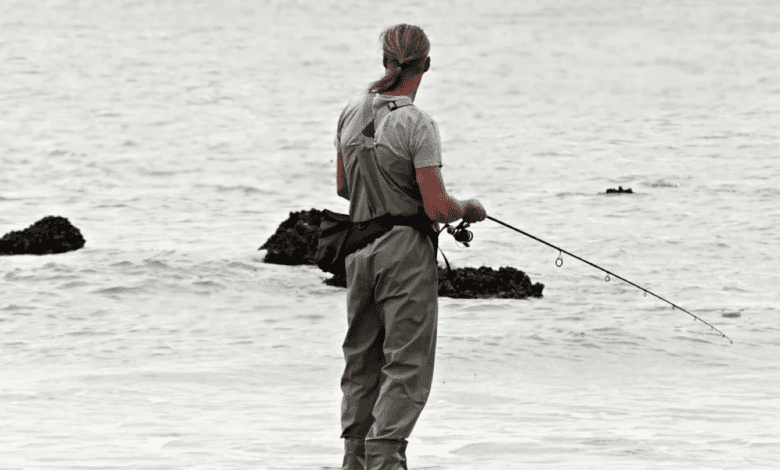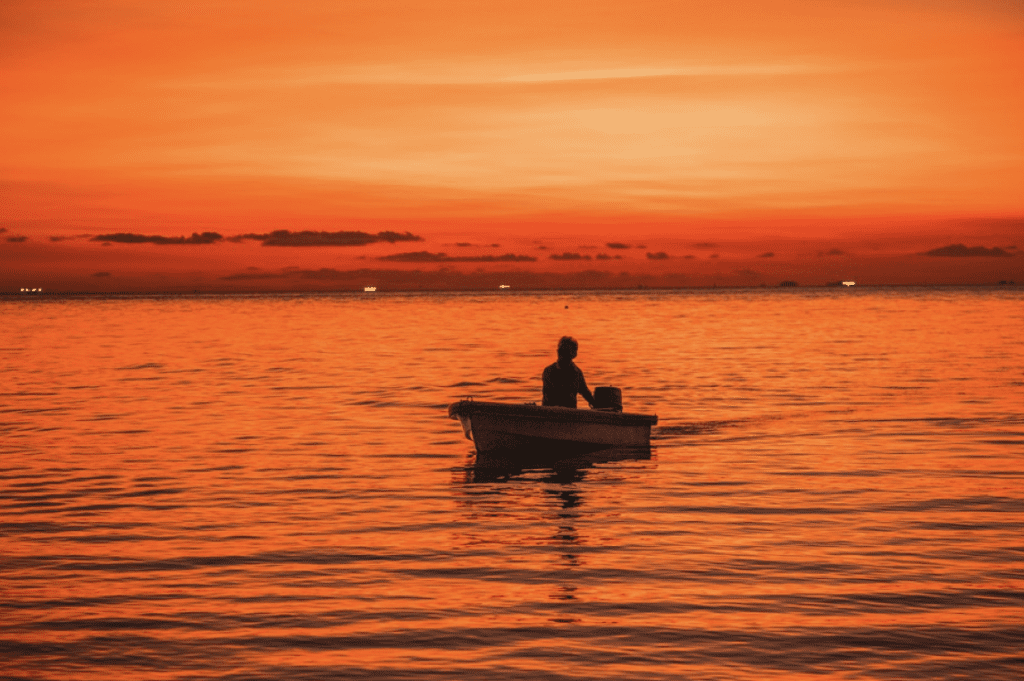Love Fishing? Here is How to Find the Top Fishing Spots

Fishing is a hobby enjoyed by people of all ages and backgrounds. It’s also one of the most popular hobbies in America, with over 18 million anglers taking part each year. But what if you’re new to fishing? How can you find the best fishing spot for your needs? The answer lies not only in your location but also in how much time and money you have to spend on this activity. In this article, we’ll explore some ways to find the perfect spot for any budget or schedule!
1. The Different Types Of Fishing Spots You Can Choose From
There are many different types of fishing spots for people looking to fish. This is because there are so many different factors to account for. Picking the perfect fishing spot can depend on what type of fishing you like (shore, boat, etc.). For example, here are some different types of fishing spots:
The Shore
An easy spot to find, but it’s not always the best place to go because shorelines can be inhabited by sharks and other predators.
Moving Water
Lakes, ponds, rivers, and streams. These areas will have aquatic insects, which are an excellent source of fish.
Standing Water
Includes ponds and small lakes with little or no movement of the water. These areas will have fish that like to eat insects, so be careful of using bait with a lot of visible fibers (like corn) because it will float, and the fish can see it easily.
Flowing Water
This includes rivers and streams. These areas will have game fish like salmon, trout, bass, walleye, pike, etc. These areas are usually pretty crowded during the summer months.
Trolling
This is when you drop your line to a certain depth with no reel in the water, either by using your trolling motor in a boat or by using a hand line. This tactic is great for fishing in large reservoirs or places where you can see the bottom of the water, but it’s not recommended for smaller ponds.
Boat Fishing
This means dropping your line off the side of a boat, which will give you an up-close look at the fish. This is not recommended for beginners because it’s difficult to find the right depth without getting tangled in the water weeds and brush, which can be dangerous if you’re not experienced enough on a boat.
2. Considerations When Choosing A Spot – Access, Regulations, Cost of Entry, Etc.
Access
You want to find a fishing spot that is close to home or work. This way you can go on your lunch break, before or after work, or on the weekends when you have the time. It’s also nice if there’s parking near the spot, so you can spend more time fishing!
Regulations
What type of fish is in this particular river? Do I need a permit? How many fish per day can I catch in this body of water? These are questions you’ll want to ask. Regulations vary by place, and you must understand them before entering into any type of agreement with the fishing ground owner.
Cost Of Entry
Is there an entrance fee? If so, how much is it per day/year? Do you need to purchase anything else like a permit or license? Fishing can be an expensive hobby. Make sure you think about these costs before agreeing with the landowner of the fishing ground; the more information you have about your prospective fishing spot, the better.
3. Common Mistakes People Make When Choosing Their First Fishing Hole
One mistake that people make is choosing a place near their home, assuming it’s close enough. It can take anywhere from 30 minutes to an hour to get to the spot and back again if you go over the speed limit. You could also be passing up on some closer fishing areas, but they might not be as good for your needs. Another mistake people often make is choosing a fishing hole based on what someone else told them was “the best.” The best fishing hole for one person might not necessarily be the best for you. Every angler has different preferences and expectations in terms of where they want to fish and what they want to catch!

There are many different types of fishing spots out there, and it’s important to find the one that fits your needs. To find the best fishing spot for you, consider what time of year it is, how much equipment you need if there are other people around who want to fish with you or not, and if you’re looking for a place close to home or far away.
